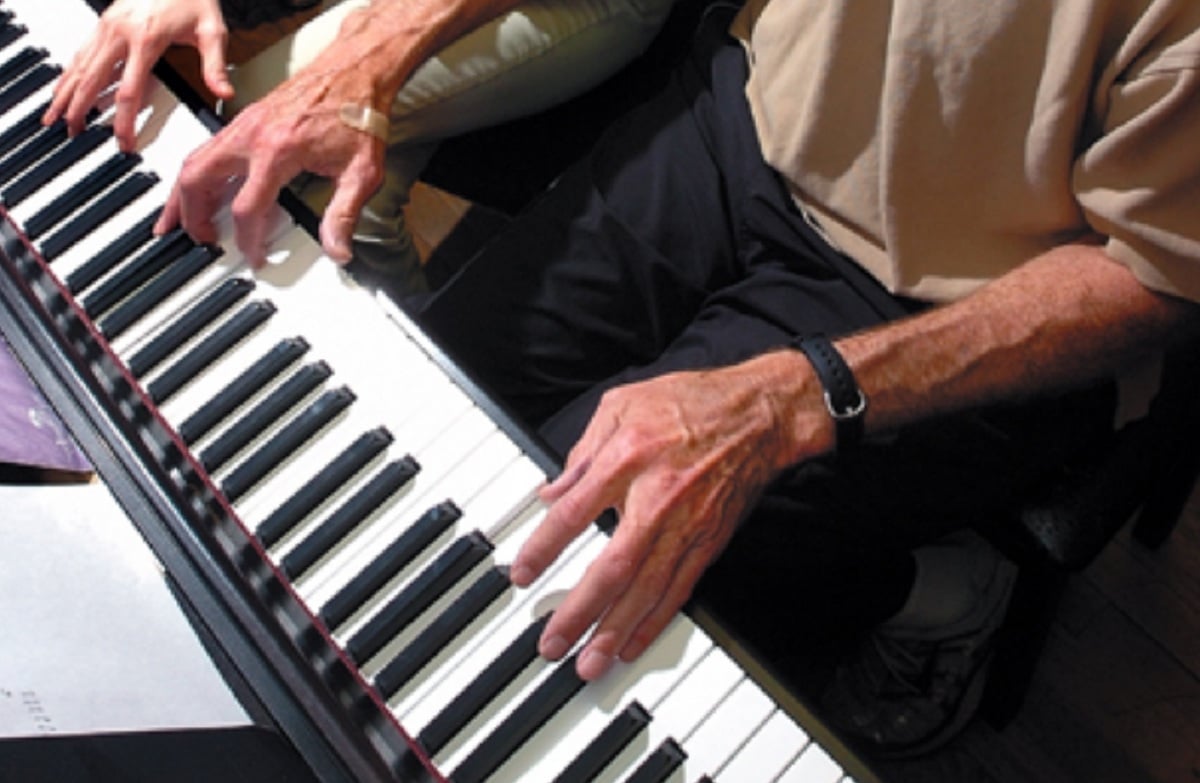Finding the Right Practice Keyboard for Your Budget

To start practicing the piano, most players or their parents opt for a digital keyboard at first, so they don’t have to spend all the money, free up all the space, or trouble themselves with the transport of a traditional acoustic piano only to find out 3 months down the road that the piano is just not for you or your child.
Here are some of the factors you need to consider when picking out a practice keyboard:
- Sounds: many cheaper keyboard’s will try to offer multiple sounds, sometimes even 100 or more, to supplement the fact that they keyboard’s piano sound is not all that good. If you are beginning as a classical pianist then you are only going to use the piano sound anyway, so you are better off going for quality rather than quantity.
- Action: this refers to the weight of the keys or how much resistance they give when you press them down. Some keyboards have weighted keys so that they feel more like playing a real piano, and making the transition from weighted keys to a real piano will be much smoother. However these keys will raise the cost of the keyboard, and if you or your child are absolute beginners, then it might not be necessary.
- Size: A full sized keyboard has 88 keys, but for beginners you can safely get a keyboard with 73 or 61 keys. We recommend not going any lower than 61 keys since it can get a little cramped when playing with both hands. If you think you will still be using this keyboard by the time you are playing advanced classical pieces, then you will be happy to have the full 88 keys when the time comes.
- Polyphony: this refers to how many notes the keyboard can sound at the same time. Digital pianos generally come with polyphony of 32, 64, 98, or 128. The higher the polyphony, the smoother and more natural the transitions between notes.
- Speakers: Most, but not all, keyboards come with built in speakers, and basically all of them are able to be plugged into external speakers. At home, you will want to use external speakers anyway because you will get a much better sound than from the little built in ones (think of listening to music through your laptop speakers), but you may want to have the built-in speakers if you take your keyboard out somewhere.
Here are some options to consider:
Yamaha YPT 300: 61 keys, 32 note polyphony, built-in speakers, and touch sensitive keys.
(This one is great for piano beginners, and you can get a discount if you buy one through our store)
Casio WK-225: 76 keys, 48 note polyphony, built-in speakers, and touch sensitive keys.
Casio Privia PX130: 88 keys, 128 note polyphony, built-in speakers, weighted keys.
(This one is high-quality enough for performances, and many professional players even opt for this model over more expensive ones because this one is much lighter).
Yamaha CP33: 88 keys, 64 note polyphony, weighted keys.
Nord Stage 2 88: 88 keys, full polyphony, weighted keys.
(This is kind of like the BMW of digital keyboards. It is pretty much the absolute top of the line for serious performance-level keyboards)
